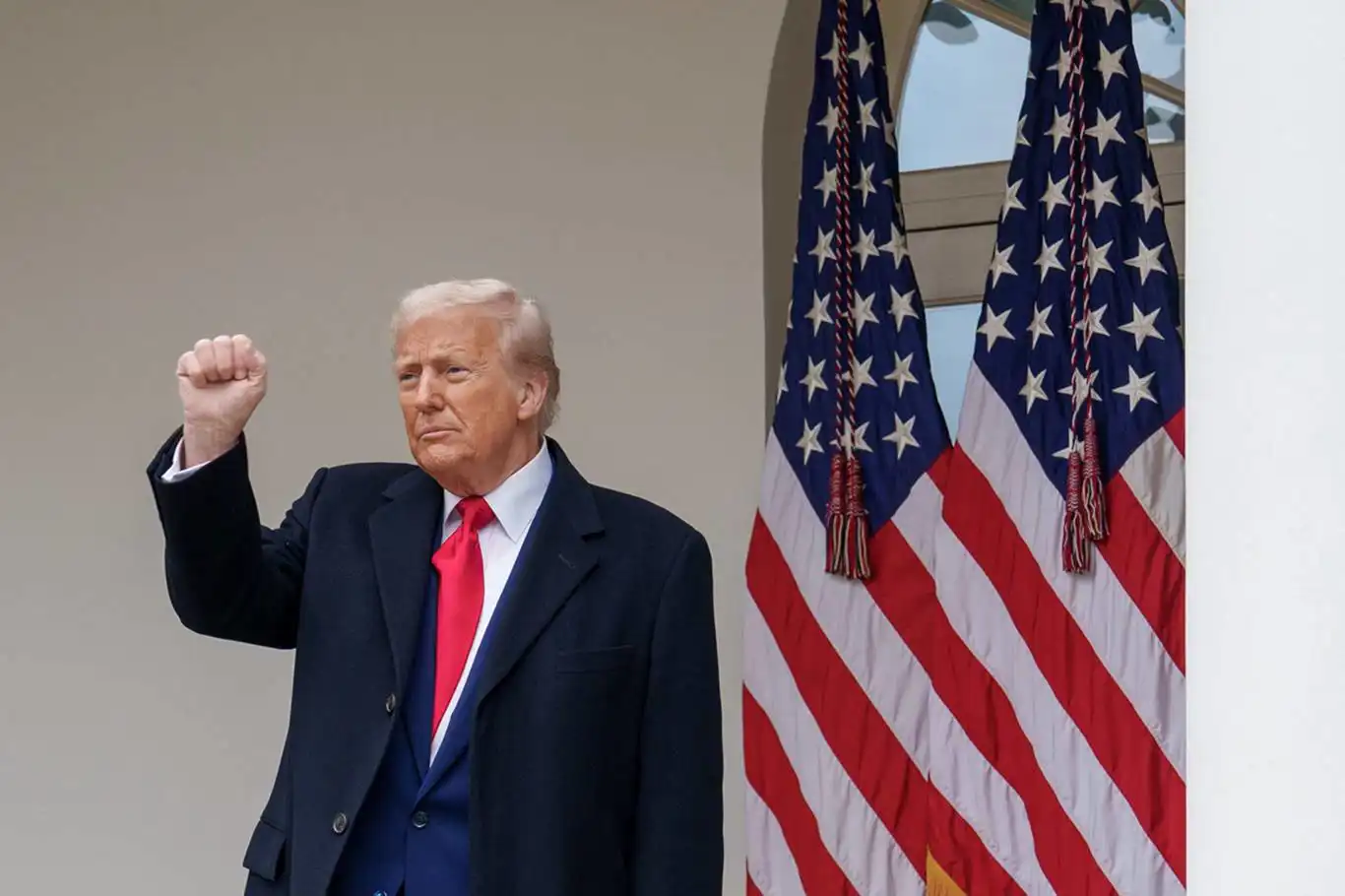Trump’s tariff tantrum: How ‘America First’ becomes ‘America Worst’


By all appearances, the Trump administration’s economic doctrine, draped in the nationalist banner of “America First,” is nothing more than a repetition of history’s most costly mistakes.
The imposition of sweeping tariffs under this slogan not only ignores the lessons of past economic blunders but also threatens to sabotage the very American workers and industries it claims to protect. Behind the bombastic rhetoric lies a policy approach rooted in outdated protectionism, economic isolationism, and a dangerous disregard for global economic interdependence.
On Wednesday, President Donald Trump signed a presidential decree enforcing “reciprocal tariffs,” slapping a minimum 10 percent tariff on imports and threatening higher rates for targeted trading partners. The move, widely criticized by economists and international observers, mirrors some of the most catastrophic economic decisions in modern American history.
Trump’s policy is not innovative—it is retrograde. It resurrects the specter of the 1930 Smoot-Hawley Tariff Act, a law that deepened the Great Depression and triggered a global trade war. Despite a chorus of over 1,000 economists warning against it, that Act raised tariffs across the board, prompting 24 countries to retaliate and causing U.S. trade with Europe to collapse by two-thirds in just three years. The current administration seems poised to reenact this disastrous cycle—this time with even higher stakes in a more globally intertwined economy.
Protectionism has failed the United States time and time again. In the 1970s, Richard Nixon’s impulsive imposition of a 10 percent import tax during the inflation crisis led to international upheaval, a collapse of the Bretton Woods system, and a recession that rocked the American economy. Similarly, George W. Bush’s 2002 steel tariffs, designed to shield domestic producers, ended up costing 200,000 American jobs and $4 billion in lost wages—economic pain that ultimately forced the administration to revoke the tariffs under WTO pressure.
And yet, despite these precedents, the Trump administration clings to this broken model, weaponizing tariffs not as strategic leverage but as blunt instruments of economic self-harm. These tariffs are sold to the public as patriotic—defensive walls against unfair trade—but in reality, they are economic boomerangs, inflicting damage on U.S. industries, stoking inflation, and alienating allies.
Trump’s approach, rather than revitalizing American industry, is torching the very framework of liberal, rules-based international trade that the United States once built and championed. As Financial Times columnist Martin Wolf sharply observed, these tariffs signal the end of predictable trade relations and mark a new era where the U.S. wages economic warfare not only against rivals but against its closest allies. In this environment, the United States is not asserting leadership—it is squandering it.
The irony is striking. While the administration justifies its trade war with appeals to national security and economic revival, the deeper result is a collapse in global trust and a retreat into isolation. The costs are real: higher prices for consumers, disruptions in supply chains, uncertainty for businesses, and mounting job losses in industries dependent on imported components.
Worse still, the Trump administration’s ideological rigidity refuses to acknowledge these consequences. History, economics, and lived experience all point to the same conclusion: protectionism does not protect—it punishes.
If the president truly wishes to put “America First,” he must start by abandoning policies that place America last in global credibility, last in economic foresight, and last in leadership. The world does not stand still while the U.S. throws up trade barriers. It moves on, strikes new deals, and forges ahead—without the very nation that once claimed to lead it.
In reviving the ghosts of past economic failures, President Trump has not made America great again. He has merely made it more vulnerable. (ILKHA)
LEGAL WARNING: All rights of the published news, photos and videos are reserved by İlke Haber Ajansı Basın Yayın San. Trade A.Ş. Under no circumstances can all or part of the news, photos and videos be used without a written contract or subscription.
Afghanistan and Uzbekistan took a major step toward deepening their economic ties on Tuesday, as a high-level meeting in Kabul concluded with the adoption of a robust action plan to boost trade, industry, and agriculture between the two nations.
The Trump administration announced it will forge ahead with a staggering 104% tariff on Chinese imports, effective 12:01 a.m. ET Wednesday, intensifying a high-stakes trade conflict that has economists and allies on edge.
Turkish Airlines (THY) has grounded multiple flights to Greece scheduled for Wednesday, April 9, in response to a nationwide general strike set to disrupt services across the country.
China has drawn a line in the sand, pledging to "fight to the end" against the United States’ bullying tactics, as President Donald Trump’s erratic and aggressive trade policies push the world’s two largest economies to the brink of an all-out economic war.